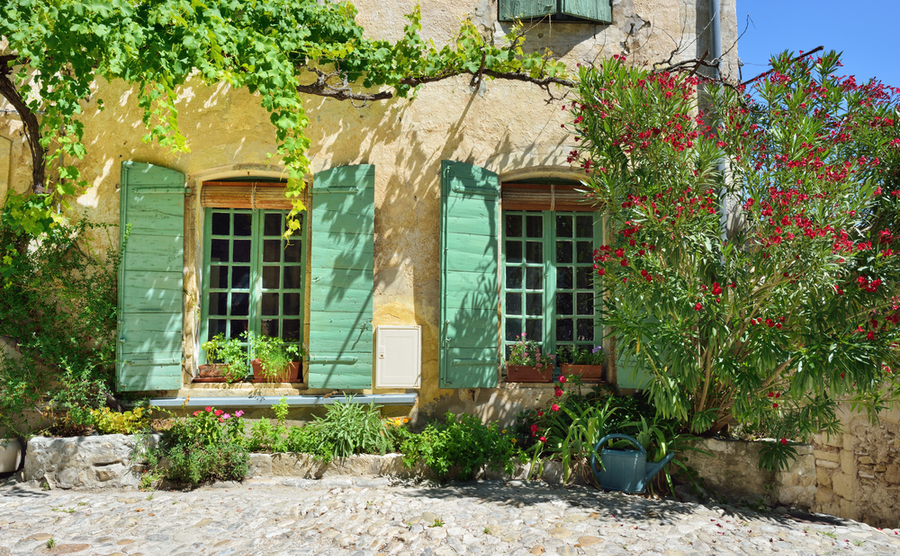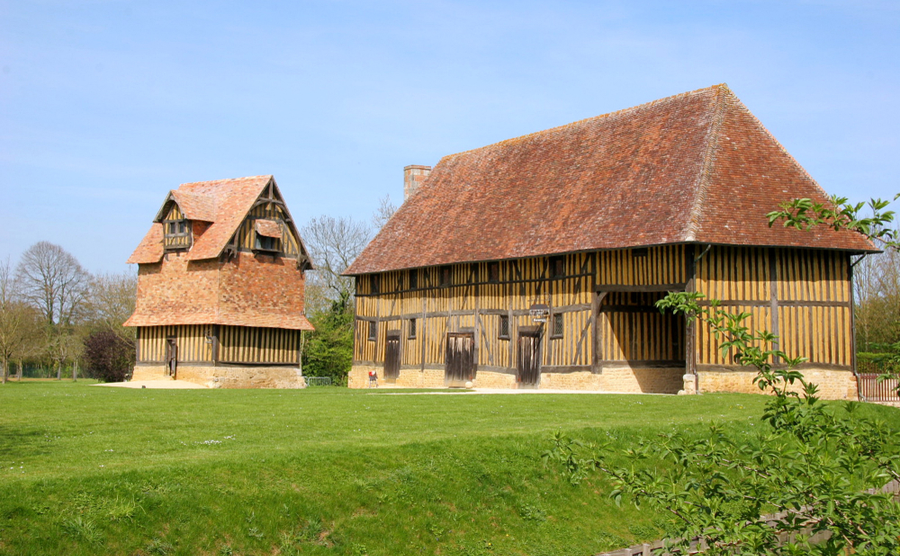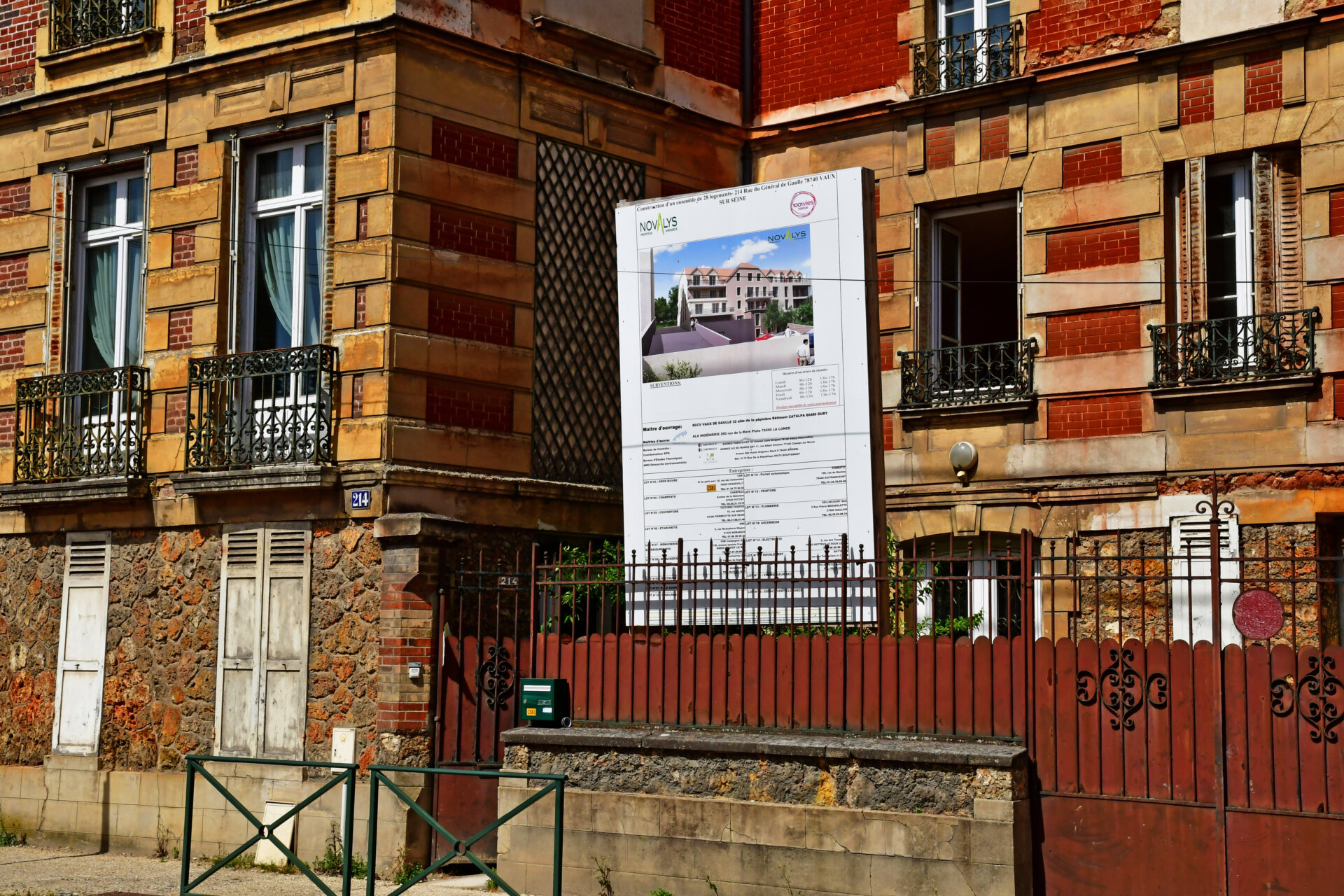Property in France is relatively good value compared to the UK, so overseas buyers are often thrilled at what they can afford. However, the constraints and challenges surrounding planning permission in France can make embarking on your dream projects a tricky business.
How many times have you seen programmes on TV showing houses and land in France at quite astonishing prices? Relatively speaking, you will get more property for your money in France, particularly in rural areas. But, be very mindful not to join the unsuspecting many who have fallen foul of the regulations surrounding planning permission in France.
If future dreams for your property involve big and substantial changes either to the exterior or in change of use, check the validity of these plans prior to the purchase stage. You may even consider applying for planning permission during the purchase stage, but ensuring a clause pertaining to this is included in the sales contract. After all, there would be nothing worse than buying the property of your dreams with huge changes in mind, only to discover that those changes are practically impossible to achieve.
The only way sure fire way to avoid issues is to check and check again. Do any regulations apply and do permissions need to be sought? Never make assumptions. There are exceptions even to standard rules based on property type, as well as proximity to other properties.
Find homes in France via our property portal.
Why should you always have planning permission in France?
As in any country, embarking on a project without the correct permissions is pure folly. If you are found to have added something without relevant permissions, you could well be issued with a demolition order. Putting your heart and soul into creating something is not a legal defence.
Should planning permission not have been granted for changes you have made, there is nothing like the point of onward sale to highlight things not listed in previous sale details. This could affect the price that you can sell your property at or even affect your ability to sell at all.
Also, it’s worth bearing in mind is that anything without proper permissions could void your insurance policy entirely. If you only find this out in a time of emergency, it could be financially disastrous.

Even paint colour choices for shutters and exterior plaster will require permission.
How to apply for planning permission in France
When embarking on any project, a good first step is to speak to your local town hall. The secretary in these times could well become your best friend. The town hall holds the PLU (Plan Local d’Urbanisme) which sets out the rules of what you can and can’t do alongside which materials you can or can’t use. They may also be helpful in advising which permit you need, because this can be a tricky path to navigate for the uninitiated.
Once completed, all dossiers should be sent by registered post or handed in to the Mairie of your commune. If you do not receive a reply by the end of the standard response time, you can assume that permission has been granted, although it’s always good to check.
All detailed forms, number of copies required for each, as well as all up to date rules and regulations regarding planning permission in France, can be found in the relevant section of the French government website.
Permits can be extended for 1 year provided no change in rules has been passed during that time and can also be renewed 2 months before the expiry date. However, be warned that if your plans result in increasing the surface area over 170 m², then the use of a registered architect also then becomes automatically obligatory.
Download your comprehensive France Buying Guide for everything you need to know about purchasing a property.
What do you need a permit for?
As a general rule, interior works (changes which can only be seen from within the property) do not generally require planning permission in France. However, as with everything, there is always a possible exception to this rule and it is always worth checking. Listed buildings do fall into an exceptional category and so will always require permission to be sought.
In stark contrast to interior works, anything that effectively changes the exterior view of your property, even paint colour choices for shutters and exterior plaster, will require permission, and can in some cases be only of limited choice. It’s worth bearing in mind that some areas can be governed by exceptional local rules. This can depend on where you live and proximity to other buildings of heritage, i.e. churches or architectural heritage sites.

Editorial credit: RogerMechan. The only way sure fire way to avoid issues is to check and check again – do any regulations apply and do permissions need to be sought?
Exterior Works
In addition to the obvious things that fall into the remit of changing the exterior view of your property, it should be noted that the following projects apply as well:
- Converting existing windows into terrace doors.
- The installation of Velux windows, solar panels or even newly installed satellite dishes.
- Outbuildings such as car ports, sheds and storage areas.
- Above ground swimming pools, if larger than 10 m² and anything other than the temporary blow up type.
All of the above require planning permission in France. Never assume that just because the space is yours, so is the right to do whatever you want with it without prior permission. And as a cautionary tale, French news is currently full of the crackdown on unauthorized/illegally installed swimming pools without permission, for which verifiers are using drones for evidence.
And as a cautionary tale, French news is currently full of the crackdown on unauthorized/illegally installed swimming pools without permission, for which verifiers are using drones for evidence.
Other implications
Also, be aware that increases to the habitable space areas of your property, whether as part of your main building or in the form of a new structure, could have an impact on your house property tax bills, calculated on the living square metreage of your property. Any outbuilding or extension, as well as requiring planning permission in France, will also need to be declared to the tax office after construction. This is to ensure that your property taxes are readjusted accordingly. And be careful, as routine verification visits are possible, especially if your property taxes have remained the same for many years. In the case of contravention, charges will be backdated which could potentially prove costly indeed.
Prior declaration of minor works
The most common permit required is the Prior declaration of minor works (Déclaration préalable de travaux). This covers any extension creating between 5m² and 20m² floor space, or up to 40m² if the commune has a local zoning plan. However, be aware that if your extension results in a total surface area of over 170m² then you will need to go even further and request a full building permit.
Find out how to finance a purchase in France with your free France ‘How to Pay for It’ Guide.
This declaration also covers change of use for the property where there will be no alteration to the structure or exterior property. And it also covers replacement of windows/doors (including the installation of Velux windows) and changes of exterior colour, either to plaster or shutters.
For this permit, you will be required to submit 2 copies of each document, the response time is a month and the permit grants you permission to start the work within 2 years of issue.

Editorial credit: Pack-Shot / Shutterstock.com. For this type of permit, a placard must also be placed outside your house giving details of the plans.
How do you get a building permit?
The Permis de Construire covers new buildings, large extensions and conversions. Depending on the project detail, the permit could be one of several types. This is a more arduous administrative exercise requiring the submission of detailed plans as to the nature and scope of the work.
This permit requires even more copies of each accompanying document to the dossier. The response time is anything between two to six months depending on type required and as before, the permit allows the work to be started within 2 years. However, if you are within proximity of a historical monument you will have to wait an extra month for “Architectes des Batiments de France”, which is the French Building Heritage Administration, to give their permission.
For this type of permit, a placard must also be placed outside your house giving details of the plans. The placard must be placed in an accessible position on a public right of way that enables anyone to view exactly what the project is. These placards can be bought at DIY shops and builders merchants.
You must also then declare both start of the works and completion of works. And following the completion declaration, there may be an inspection. If the work carried out is not exactly according to the plans, it could be subject to either enforced modification or even demolition order. So, just stick rigidly to your submitted planning details.
In summary, if you’re planning any renovation work or structural work to your property, no matter how minor, planning permission in France needs to be taken seriously into consideration. Always think first about whether the changes will be seen from the outside and never assume you can do things without planning permission. If you then find out you can, then revel in it!










